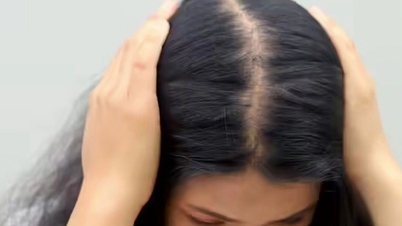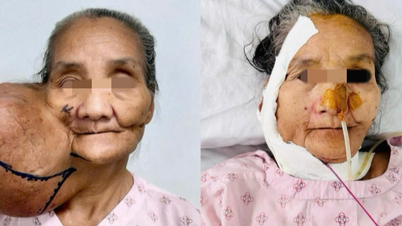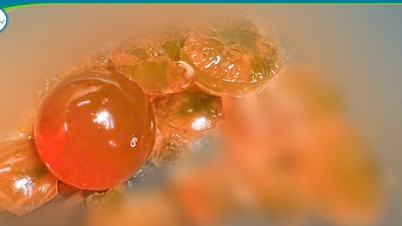Many people try to hide their gray hair, seeing it as a negative sign of aging. However, a new study published in the journal Nature Cell Biology has changed this view.

Stress can negatively affect DNA, causing aging and even cancer. (Illustration: Adobe Stock).
The natural color of hair is determined by melanin, a pigment produced by specialized cells called melanocytes. When our hair turns gray, it is due to the gradual decline of melanocytes in the hair follicles.
Stem cells are unique in that they can self-renew and develop into many different types of cells and tissues in the body. Melanocyte stem cells (McSCs) are found in hair follicles and can differentiate into melanocytes.
In this study, scientists from the University of Tokyo explored how melanocyte stem cells (McSCs) in hair follicles respond to DNA damage.
Accordingly, when the body is stressed, McSCs react in two ways: differentiate, causing hair to turn gray, or continue to divide, which can lead to tumor growth. So, when your hair turns gray, it could be a sign that the body has avoided melanoma.
According to Professor Emi Nishimura, co-author of this study, there is a certain connection between gray hair and melanoma. The study emphasizes that stress-induced differentiation leading to gray hair can protect the body from abnormal cells. This shows that gray hair is not only a sign of aging but also a positive biological response of the body.
Additionally, the study team noted that further research is needed to better understand the relationship between skin cancers and gray hair.
Melanoma is considered the most dangerous type of skin cancer because of its high potential to metastasize to other parts of the body if not detected and treated early.
The risk of melanoma increases with age. The average age of diagnosis in the United States is 66. However, the disease is also found in many people under 30, especially young women.
People who have many moles, a personal or family history of melanoma, or who have had sunburn, especially as children, are also at increased risk due to sun exposure.
Source: https://dantri.com.vn/suc-khoe/su-that-toc-bac-canh-bao-nguy-co-ung-thu-da-20251030175604973.htm















































































































Comment (0)